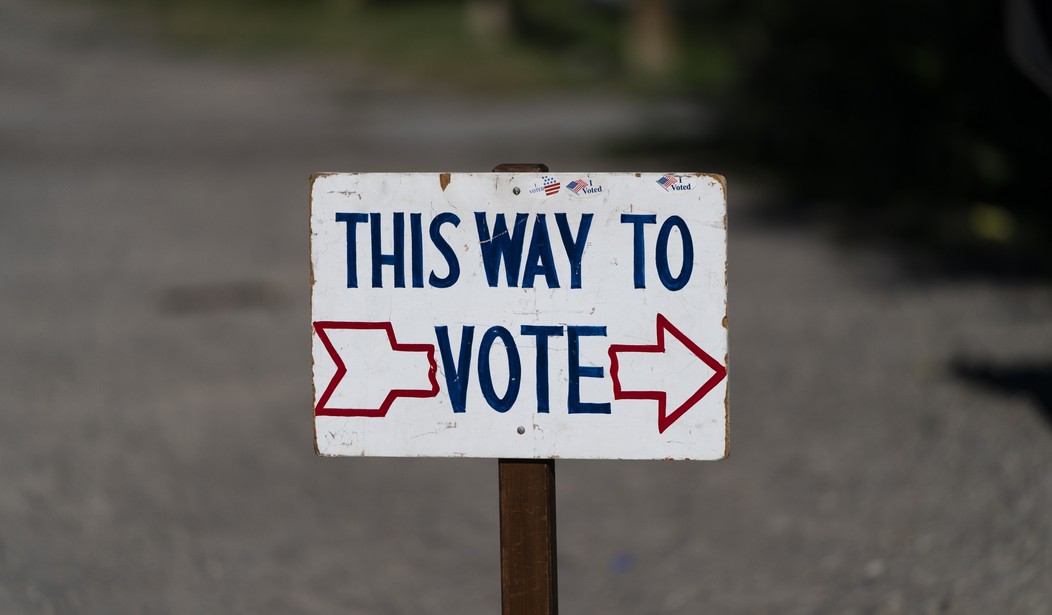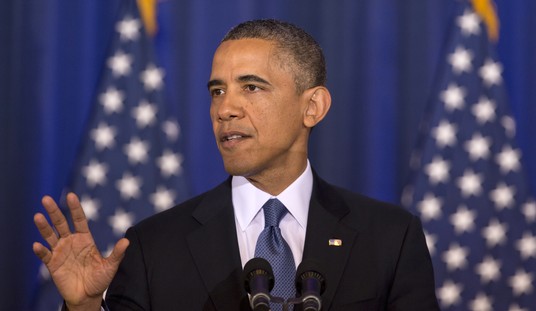When it comes to the top concerns of Americans heading into the 2024 election, ranked choice voting (RCV) is definitely not high on the list. As multiple polls show, Americans are most worried about the economy, immigration, and rising crime.
To be totally honest, I bet most Americans have never even heard of RCV. As of now, RCV is only used in a few states, counties, and cities.
However, RCV is gaining momentum. This year, it will be on the ballot in several states. Such is why Americans need to know the truth about RCV.
To this point, The Heartland Institute recently released a new policy brief titled Rank Choice Voting: A Major Threat to Free, Fair, and Secure Elections.
Ranked choice voting, also known as instant runoff voting, is an electoral system in which voters do not vote for one candidate. Rather, they “rank” all candidates in a race based on their preference.
While this may appear to be beneficial by allowing voters to weigh in on all candidates, it actually introduces several concerns to an electoral system that is already chock-full of problems.
First and foremost, RCV can inadvertently end up disenfranchising voters. This can occur when voters fail to rank every single candidate on their ballot. Under the current rules in most places that have undertaken RCV, a ballot is discarded if the voter does not rank all of the candidates on the ballot.
Although RCV is still relatively new, it has already led to the disenfranchisement of a huge number of voters. For example, “one in depth study of 96 different RCV elections by the Maine Heritage Policy Center and Alaska Policy Forum found that an average of 10.92 percent of ballots were exhausted by the final round of voting.” In other words, nearly 11 percent of voters had their ballots thrown out simply because they failed to rank all of the candidates.
Recommended
Even worse, a recent study conducted regarding four specific elections in California and Washington found that up to 27 percent of ballots were discarded due to the same issue. Moreover, data indicate that minority voters are disproportionately affected by this practice.
Second, RVC needlessly confuses voters. For more than two centuries, Americans have voted in the traditional manner in which they cast a vote for their one and only preferred candidate. This simple method has worked seamlessly, more or less. RCV turns this system on its head, forcing voters to rank all candidates in a race based on descending order of preference.
To date, the confusion connected with RCV has led to lower voter turnout rates in places where it has been implemented. In fact, “the adoption of RCV exacerbated disparities in voter turnout between those who are already likely to vote and those who are not, including younger voters and those with lower levels of education,” according to one study.
Along with sowing confusion, studies show that RCV also results in lower public trust and confidence with the electoral system. Given the history of recent U.S. elections, we cannot afford any reduction in the public’s trust and confidence concerning election outcomes.
Third, RCV’s extremely complicated nature makes it difficult to calculate results in a timely fashion. Because RCV requires multiple rounds of vote tabulations, the counting process can take days to weeks. One of the most egregious examples of the problems regarding the RCV counting process occurred in Alameda County, California in 2022 when someone running for a school board seat was mistakenly declared the winner. Incredibly, it took nearly two months for the counting error to be identified by an outside group and the proper winner to be certified.
One should keep in mind that these errors and long wait times for results are occurring mostly in local and countywide elections. Were RCV to be fully adopted in all 50 states, who knows how long we would be forced to wait for accurate vote counts and winners declared.
Fourth, and perhaps most concerning, RCV can foster “electoral manipulation” and undermine the democratic process.
As my colleague, Jack McPherrin, points out in the aforementioned policy brief, RCV “essentially deceives third-party voters into voting for one of the mainstream candidates under the illusion of offering those voters a ‘choice.’… But that choice is an illusion; if those voters only select their preferred third-party candidate and do not rank the other candidates—which will almost always include the Democrat and Republican parties’ top choices—their votes are discarded when their third-party candidate garners the least support.”
With 40 days until the general election, and RCV on the ballot in five states, voters need to be educated about the perils of RCV. Like many things, on its face, RCV seems like a good idea. However, upon close examination and scrutiny, it becomes obvious that RCV is a “solution” to a problem that does not even exist in the first place.
Chris Talgo (ctalgo@heartland.org) is editorial director at The Heartland Institute.























Join the conversation as a VIP Member